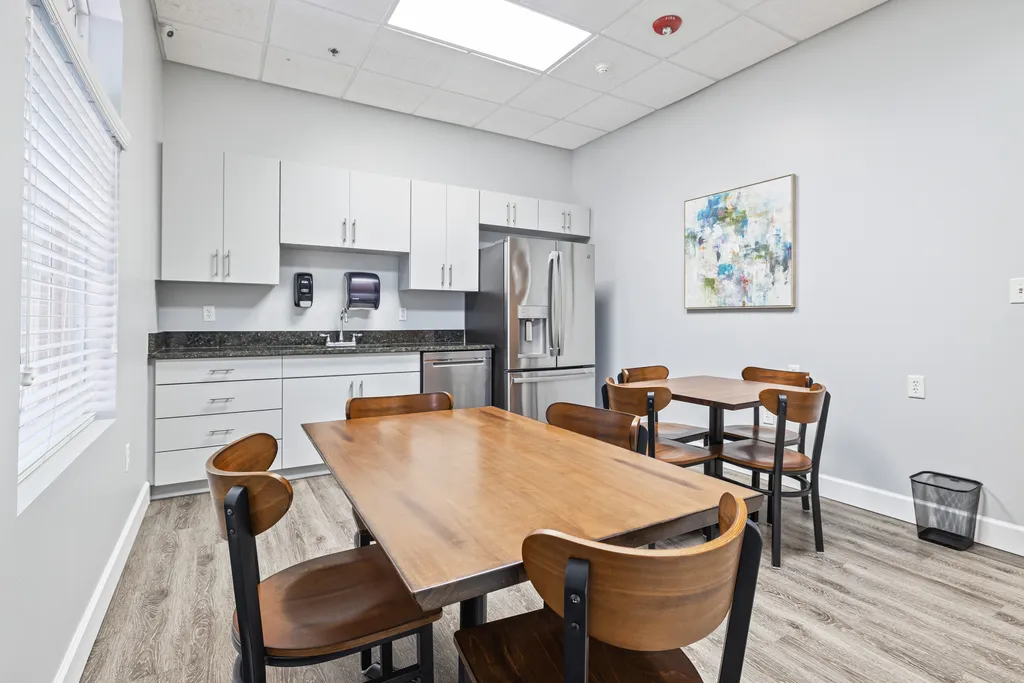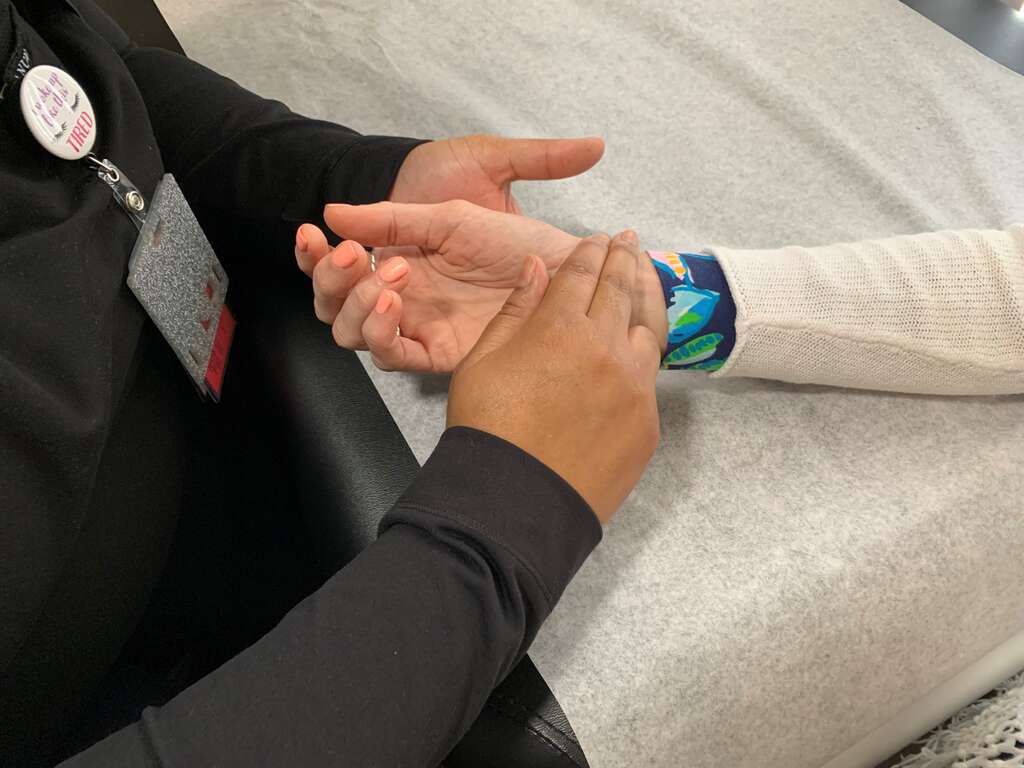Introduction
Drug detoxification, commonly referred to as drug detox, is the process of removing harmful substances from the body. It’s often the first step toward recovery from addiction, laying the groundwork for further treatment and a healthier lifestyle. However, navigating this challenging journey alone can be daunting. This is where support systems come into play; they are crucial for successful detoxification and long-term recovery.

In this article, we will explore why support systems matter in drug detox, discussing various types of support, their roles, and how they contribute to a comprehensive recovery plan. From family and friends to professional therapists and support groups, let's delve into the multifaceted nature of these systems.
Understanding Drug Detox: An Overview
What is Drug Detox?
Drug detox is a medical process aimed at managing withdrawal symptoms when an individual stops using addictive substances. While it may seem simple—just quitting drugs—the reality is far more complex. The withdrawal symptoms can range from mild discomfort to severe life-threatening conditions, making professional guidance essential.
The Importance of Medical Supervision in Drug Detox
Going cold turkey without medical supervision is risky. Medical professionals can provide necessary medications to ease withdrawal symptoms and monitor vital signs throughout the process. This oversight helps minimize health risks during drug detox.
Why Support Systems Matter in Drug Detox
A solid support system can significantly enhance the effectiveness of drug detox programs. But why exactly do these systems matter?
Emotional Stability During Detox
Detoxing from drugs can create emotional upheaval; anxiety, depression, and mood swings often surface during this time. Support from loved ones or professionals provides a safety net that can help individuals navigate these emotional challenges.
Accountability Mechanisms
Having someone to check in with creates accountability. Whether it’s a friend who commits to calling regularly or a therapist who schedules weekly sessions, these touchpoints encourage individuals to stay committed to their detox journey.
Types of Support Systems in Drug Detox
Family Support: The Backbone of Recovery
The Role of Family in Drug Detox
Family members often serve as primary caregivers during the detox process. Their understanding and encouragement can foster an environment conducive to recovery.
Challenges Families Face During Detox
While families want to help, they may struggle with their own emotions surrounding addiction. Open communication becomes crucial for establishing trust and reducing stigma within familial relationships.
Friends as Allies in Recovery
The Value of Friendship During Detox
Supportive friends offer companionship and motivation throughout the difficult journey of drug detox. They can engage in healthy activities that distract from cravings.
Setting Boundaries with Friends Who Use Drugs
Not all friendships are beneficial during recovery. Learning to set boundaries with friends who continue substance use is vital for maintaining focus on sobriety.
Professional Support: Therapy and Counseling
Individual Therapy: A Tailored Approach to Recovery
How Individual Therapy Aids Detoxification
Individual counseling helps individuals address underlying issues contributing to their addiction while providing coping strategies for withdrawal symptoms.
Finding the Right Therapist for Drug Detox
Choosing a therapist who specializes in addiction can make a significant difference. Look for credentials such as certifications or experience specifically related to substance abuse treatment.
Group Therapy: Collective Healing Through Shared Experiences
Benefits of Group Therapy During Drug Detox
Group therapy fosters a sense of community among participants facing similar struggles. Sharing experiences can lessen feelings of isolation and shame associated with addiction.

Types of Group Therapies Available
- 12-Step Programs SMART Recovery Groups Peer Support Networks
Support Groups: Structured Community Solutions
The Role of Alcoholics Anonymous (AA) and Narcotics Anonymous (NA)
These 12-step programs have proven effective for many individuals seeking sobriety through shared experiences and collective accountability.
SMART Recovery: A Non-12-Step Alternative
SMART Recovery focuses on self-empowerment using evidence-based techniques instead of spiritual principles found in traditional 12-step programs.
Online Support Systems: Embracing Technology in Recovery
Virtual Meetings for Accessibility
Online platforms offer virtual meetings that allow individuals to participate in group therapy from anywhere—removing barriers like transportation issues or geographical limitations.
Social Media Communities Supporting Sobriety
Facebook groups, Instagram pages, and online forums provide additional spaces where people share tips, celebrate milestones, or find solace during tough times.
Creating Your Own Personal Support System
Identifying Key People in Your Life
Consider who has been supportive during challenging times before your decision to seek drug detox treatment—and don't be afraid to reach out!

Establishing Healthy Communication Practices
Openly communicating your needs helps others understand how best they can support you during your journey through drug detoxification.
Building Resilience Through Support Systems
Coping Strategies Learned Through Support Groups
Support systems teach practical coping mechanisms that enhance resilience against triggers that might lead back into substance use after completing detoxification processes successfully!
Why Professional Help Matters Alongside Personal Connections?
Having both personal connections (family/friends) AND professional assistance (therapists/support groups) creates an integrated approach enhancing chances at lasting sobriety!
Frequently Asked Questions about Drug Detox Support Systems
What should I look for when choosing a support group?
Look for groups that resonate with your values—whether they're faith-based or secular—and ensure they fit comfortably into your schedule!
Can I recover without a strong support system?
While it's possible, having one significantly increases your chances at success by providing emotional stability & accountability!
How do I communicate my needs effectively?
Practice assertiveness; use "I" statements focusing on what YOU need instead placing blame on others!
Is family therapy recommended during drug detox?
Yes! Family therapy addresses dynamics affecting relationships & enhances mutual understanding amongst loved ones involved!
Are there online resources available?
Absolutely! Many organizations offer virtual meetings & forums fostering community engagement remotely!
What if I feel uncomfortable sharing my story?
It's normal—take your time acclimatizing yourself before diving deep into discussions; comfort comes gradually!
Conclusion: Embracing Change Together through Unwavering Support
In medical drug detox summary, "Why Support Systems Matter in Drug Detox" cannot be understated—they play an essential role throughout every aspect—from initial challenges faced upon entering treatment until achieving long-term sobriety goals thereafter!
Whether it’s family members lending an ear or professionals guiding you through individualized plans tailored precisely around YOUR unique situation—having reliable sources encourages resilience against relapse while promoting healthier lifestyles overall!
By actively engaging both personal connections AND professional networks alike—individuals embarking upon their respective journeys towards recovery will find renewed hope knowing they aren't alone anymore!